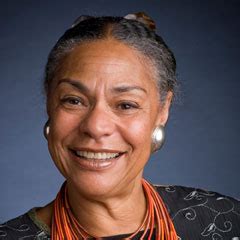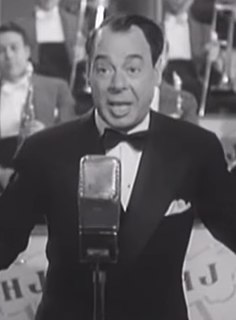A Quote by Nicole Krauss
It is impossible to distrust one's writing without awakening a deeper distrust in oneself.
Related Quotes
Labels such as, 'evangelical', 'fundamental', 'charismatic', 'liberal' contribute to polarization and produce a climate of implied or outspoken distrust. Respectful dialogue becomes virtually impossible. What we desperately need to offset this disunity and distrust is a new and cleansing theology of communication.
As the popular trust in science fades - and many sociologists say that's happening today - people will develop a distrust of purely "scientific" psychology. Researchers in the universities haven't picked up on this; they're more interested in genetics and computer models of thinking than ever. But, in general, there is a huge distrust of the scientific establishment now.
Because today we live in a society in which spurious realities are manufactured by the media, by governments, by big corporations, by religious groups, political groups... So I ask, in my writing, What is real? Because unceasingly we are bombarded with pseudo-realities manufactured by very sophisticated people using very sophisticated electronic mechanisms. I do not distrust their motives; I distrust their power. They have a lot of it. And it is an astonishing power: that of creating whole universes, universes of the mind. I ought to know. I do the same thing.





































